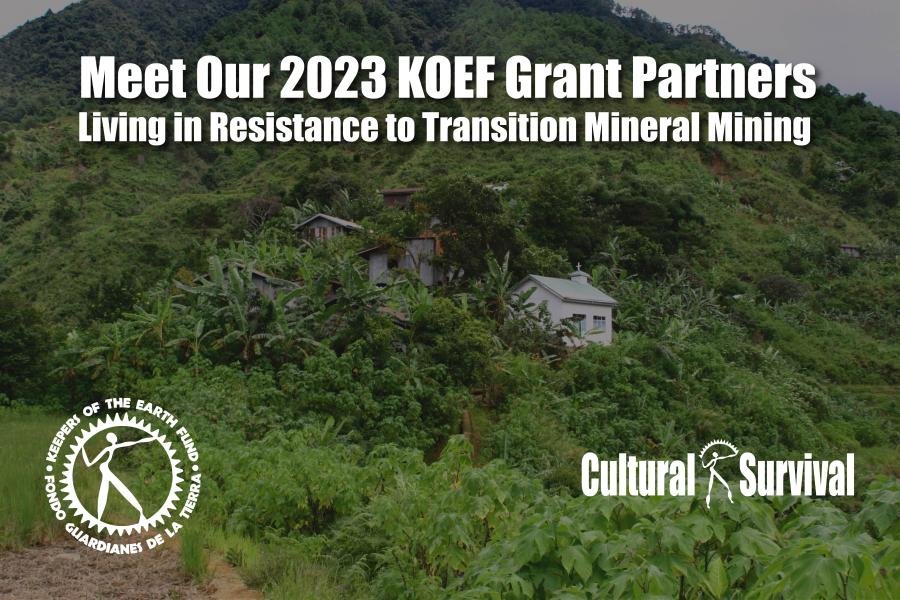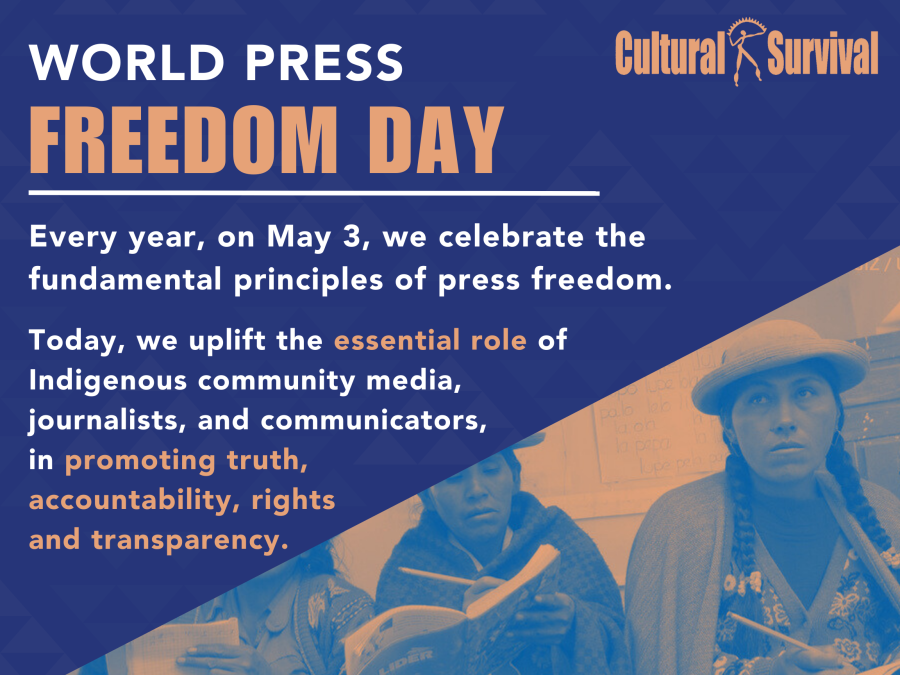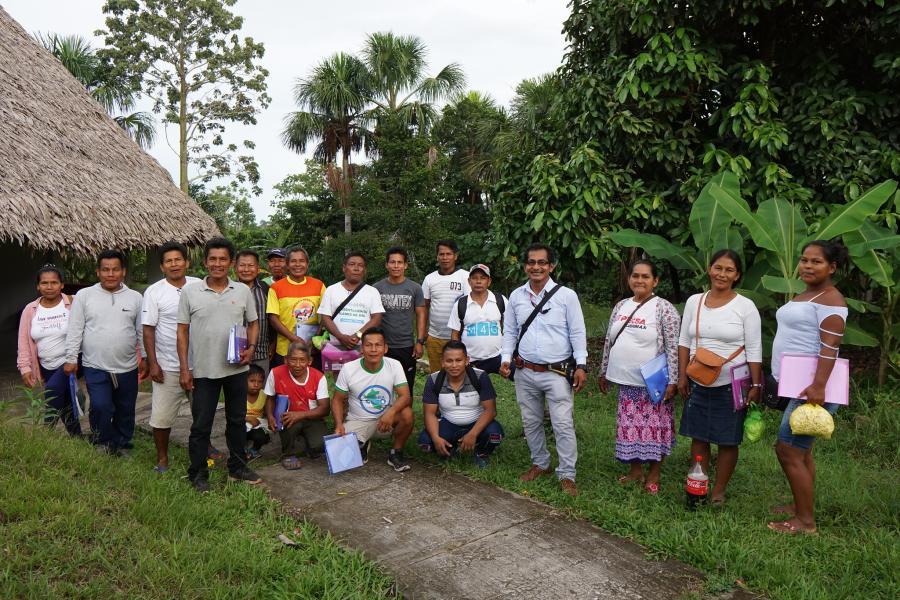
Statement by Securing Indigenous Rights in the Green Economy Coalition
If the CRMA is not implemented to uphold Indigenous Peoples' rights to self-determination and Free, Prior and Informed Consent (FPIC), Indigenous Peoples' rights violations will escalate in the EU and around the world.
The Critical Raw Materials Act, which entered into force on May 23, 2024, followed one of the swiftest legislative processes the EU has witnessed in decades. By the first cut-off. on August 22, the European Commission received 170 applications for strategic projects under the Critical Raw Materials Act (CRMA). However, unless the CRMA implementation ensures Indigenous Peoples' rights are respected, it risks significantly exacerbating both current and potential negative impacts of mining on Indigenous Peoples’ lands and well-being.
The CRMA is a new legislative instrument designed to ensure the “secure” and “sustainable” supply of critical raw materials for Europe’s industry. It complements EU trade and international development measures to secure raw materials from resource-rich countries. However, merely securing a sustainable supply of raw materials is not enough; without respecting Indigenous Peoples’ rights, particularly their right to self-determination and FPIC, this strategy risks exacerbating existing conflicts between resource extraction industries and Indigenous Peoples communities, thereby increasing legal and operational risks for both states and industries.
The EU's urgent search for raw materials is driven by its decarbonization goals and its objectives for a green and digital transition. The Securing Indigenous Rights in the Green Economy Coalition (SIRGE) commends the EU's commitment to achieving carbon neutrality by 2050. SIRGE also acknowledges the consideration of Indigenous Peoples in the Critical Raw Materials Act. However, SIRGE is deeply concerned that the final CRMA text has significantly diluted its ambition, particularly by removing the European Parliament’s proposed provision that included Indigenous Peoples’ right to Free, Prior, and Informed Consent (FPIC).
Globally, 54% of energy transition metals and minerals are on or near Indigenous Peoples’ territories. Consequently, much of the EU’s necessary raw materials will ultimately be sourced from Indigenous Peoples' lands, regardless of their location.
The mining industry has always posed severe risks for Indigenous Peoples, threatening their lands, cultures, and livelihoods, often resulting in violations of their rights. Although mining companies have rebranded themselves as “green” in light of the energy transition, the adverse impacts on Indigenous Peoples remain high. The Business and Human Rights Resource Centre has documented more than 631 allegations of abuses related to top-producing mining operations of cobalt, copper, nickel, manganese, lithium, and zinc over the past decade.
Indigenous Peoples, European environmental groups, global civil society, and researchers have advocated for ensuring respect for Indigenous Peoples’ rights in the CRMA. By excluding a clear commitment to Free, Prior and Informed Consent (FPIC), the EU disregarded the appeals of its citizens and Indigenous Peoples and ignored evidence that mining companies lack adequate FPIC policies and safeguards to prevent abuses of Indigenous Peoples’ rights.
The European Union and its member states can safeguard Indigenous Peoples' rights by ensuring their meaningful participation in decision-making and implementing the CRMA in a manner that upholds their right to self-determination and FPIC. As recommended by the EU Raw Materials Coalition, the implementation of the CRMA must ensure Indigenous Peoples’ rights in line with international standards including the United Nations Declaration on the Rights of Indigenous Peoples (UNDRIP) and the ILO Convention 169 Indigenous and Tribal Peoples.
Taking steps to ensure Indigenous Peoples' rights gives the EU the opportunity to meet its international commitments, including but not limited to the Guiding Principles on Business and Human Rights, UN SDGs OECD Due Diligence Guidance for Responsible Business Conduct, Convention on the Elimination of All Forms of Discrimination Against Women, International Convention on the Elimination of All Forms of Racial Discrimination, and the Paris agreement.
By failing to protect Indigenous Peoples’ rights under the CRMA, the EU risks triggering a new wave of exploitation on Indigenous Peoples' territories, threatening their lands, livelihoods, well-being, and cultures while also leading to escalating human rights violations and environmental degradation. Moreover, if mining companies do not respect Indigenous Peoples’ rights, the pace of the energy transition -and the energy transition itself- are at risk due to the potential loss of Social License to Operate and social unrest.
To achieve a truly just, equitable and green energy transition, the SIRGE Coalition urges the European Union and its Member States to respect the right of Indigenous Peoples to self-determination and Free, Prior and Informed Consent in the implementation of the Critical Raw Material Act and to avoid repeating mistakes of the past.



